Meeples Together Discusses Why Co-Op Games Work
November 1, 2018 by cassn
As a competitive gamer, I have always been a bit tentative when it comes to co-operative games. However, I've found that playing as a team against a common enemy (or towards a common goal) can actually be incredibly satisfying, and a new book out now on Kickstarter aims to explain why.
Meeples Together, written by Christopher Allen and Shannon Appelcline, aims to discuss exactly how and why co-operative games work, and how we can learn to play them better. The book contains fourteen case studies which demonstrate their key concepts and ideas and will feature games such as Pandemic, One Night Ultimate Werewolf, and Battlestar Galactica.
Meeples Together will also focus on key themes such as co-operative styles, co-operative game mechanics, and unified player psychology. Indeed, by seeing what works and what doesn't, Meeples Together hopes to demonstrate why co-operative gaming is important, and how everyone can work to make it better together.
I think this is a fascinating book. Not only will game critics, developers and designers find it a useful source of information, but I think even the casual co-operative gamer can appreciate gaining a bit more knowledge about their hobby. Plus, anything that contributes to making better gamers is going to be a massive selling point for me.
The Kickstarter has already exceeded its goal, and the book itself is due for release in March 2019. Sadly, this means it isn't making the Christmas list, but what a nice St. Patrick's Day gift I'll have for myself! If you want to join the community and back this project together, head over to the Kickstarter now.
Comrade, are co-operative inherently socialist? Discuss.
"Meeples Together, written by Christopher Allen and Shannon Appelcline, aims to discuss exactly how and why co-operative games work, and how we can learn to play them better."
Supported by (Turn Off)
Supported by (Turn Off)
Supported by (Turn Off)































![TerrainFest 2024 Begins! Build Terrain With OnTableTop & Win A £300 Prize! [Extended!]](https://images.beastsofwar.com/2024/10/TerrainFEST-2024-Social-Media-Post-Square-225-127.jpg)
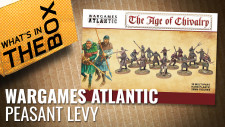

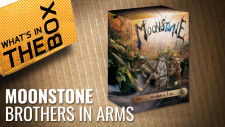






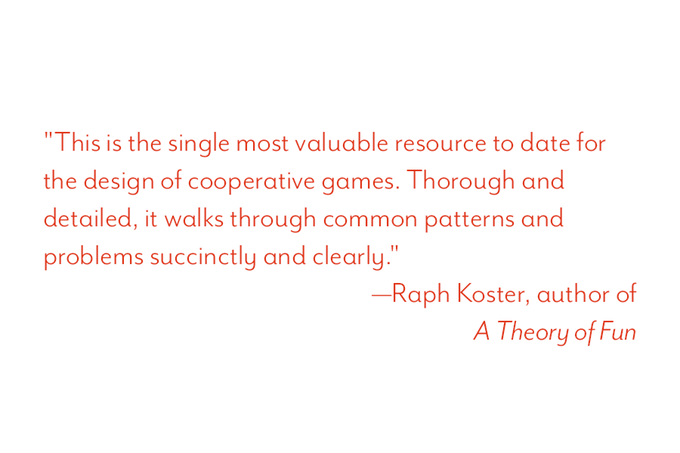
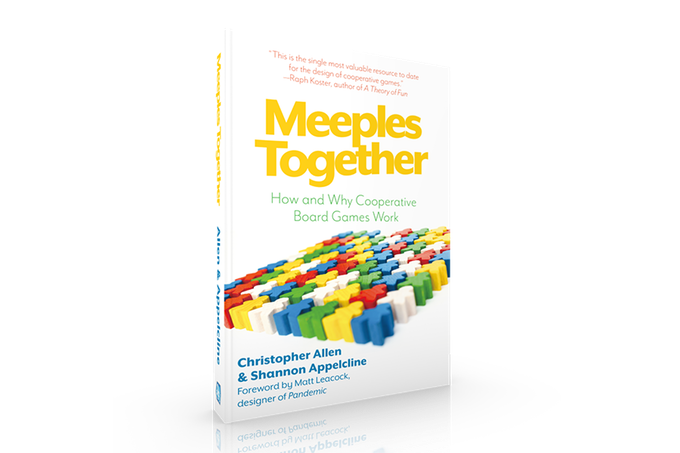
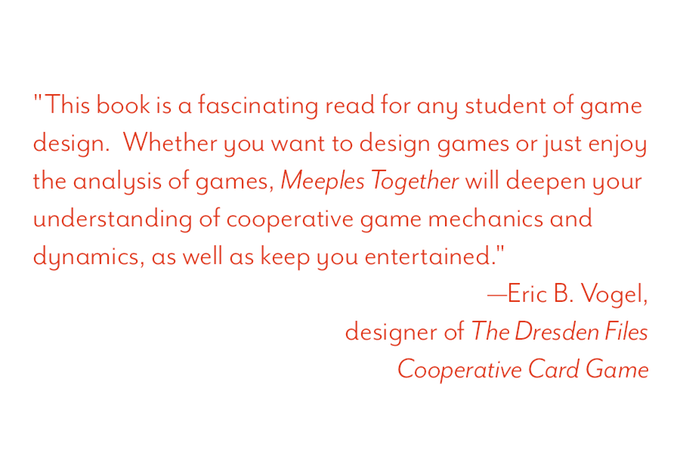


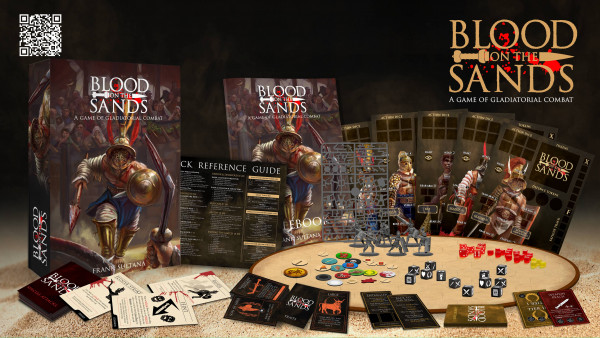


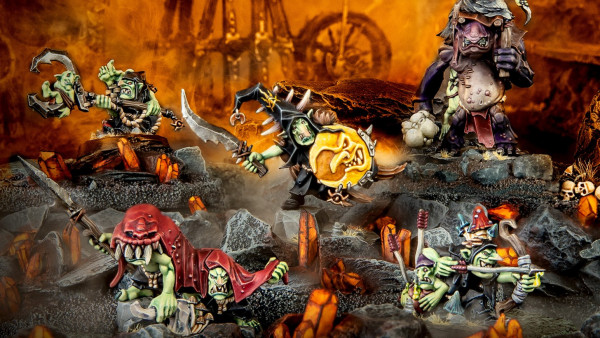
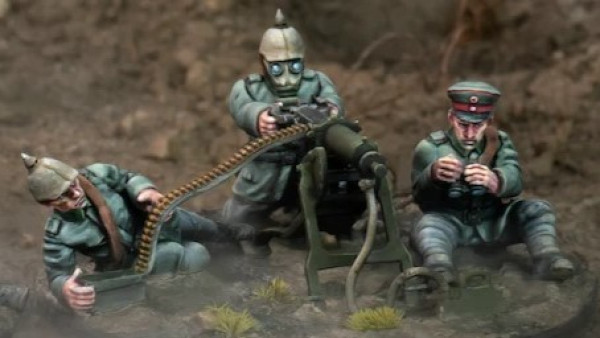



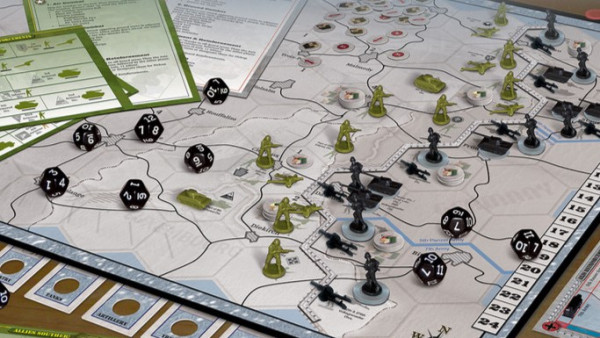














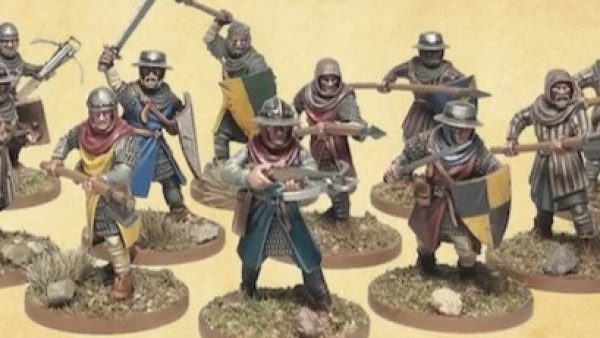








No, they’re not. Co-operatives became – and remain – an important part of the labour movement / left wing economics / politics, but there are plenty (most?!) socialist parties and governments that don’t prommote cooperatives in practice. Indeed, in many places they actively work against independent cooperatives as they seek control by the state or by powerful unions. Co-operatives became – and remain – an important part of liberal political thinking too, both in the UK and abroad. Indeed, they’re one of the most distintictive elements of liberal political economics. Anyway, cooperative games are cool. I’ll check out this book!